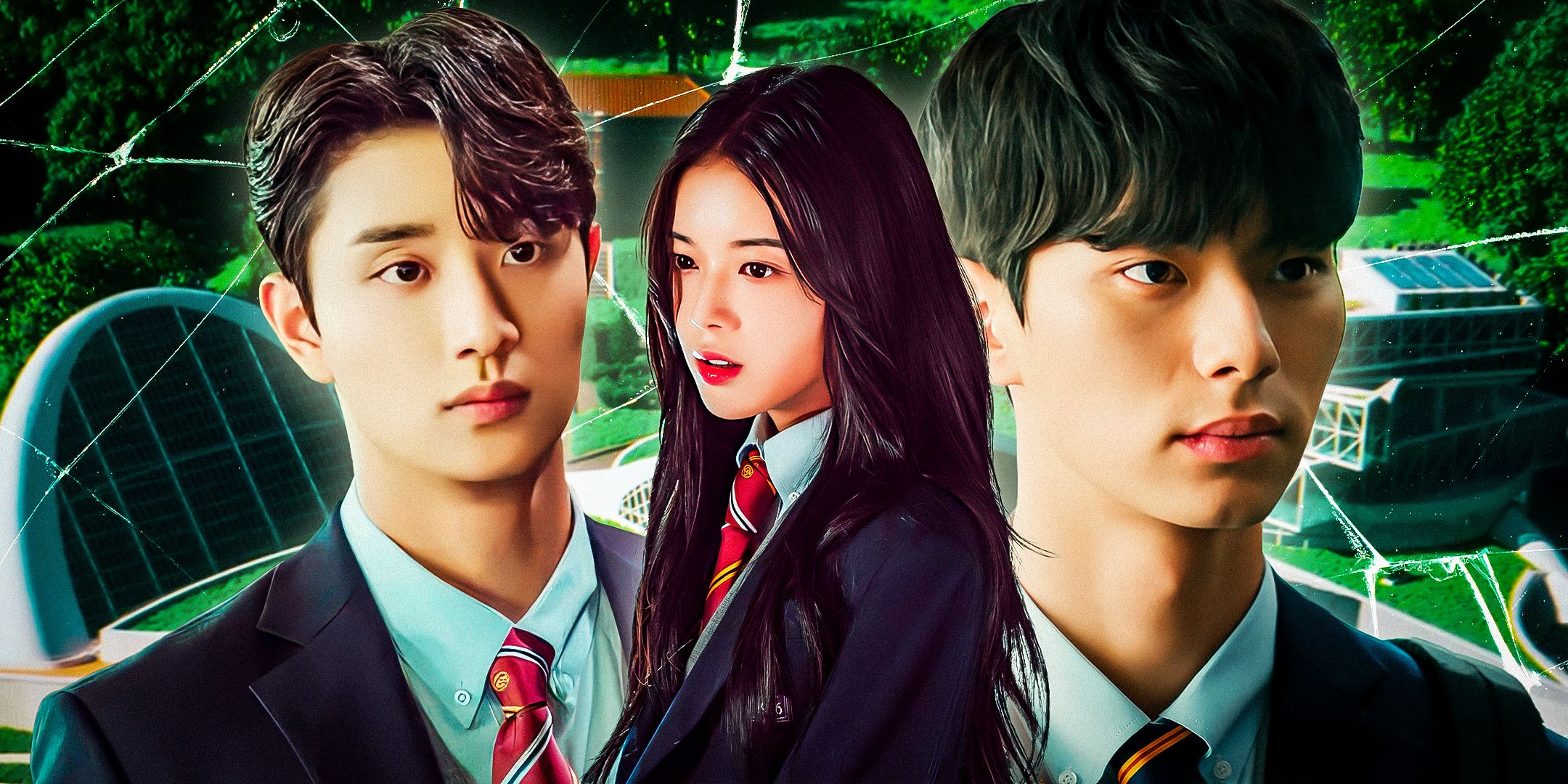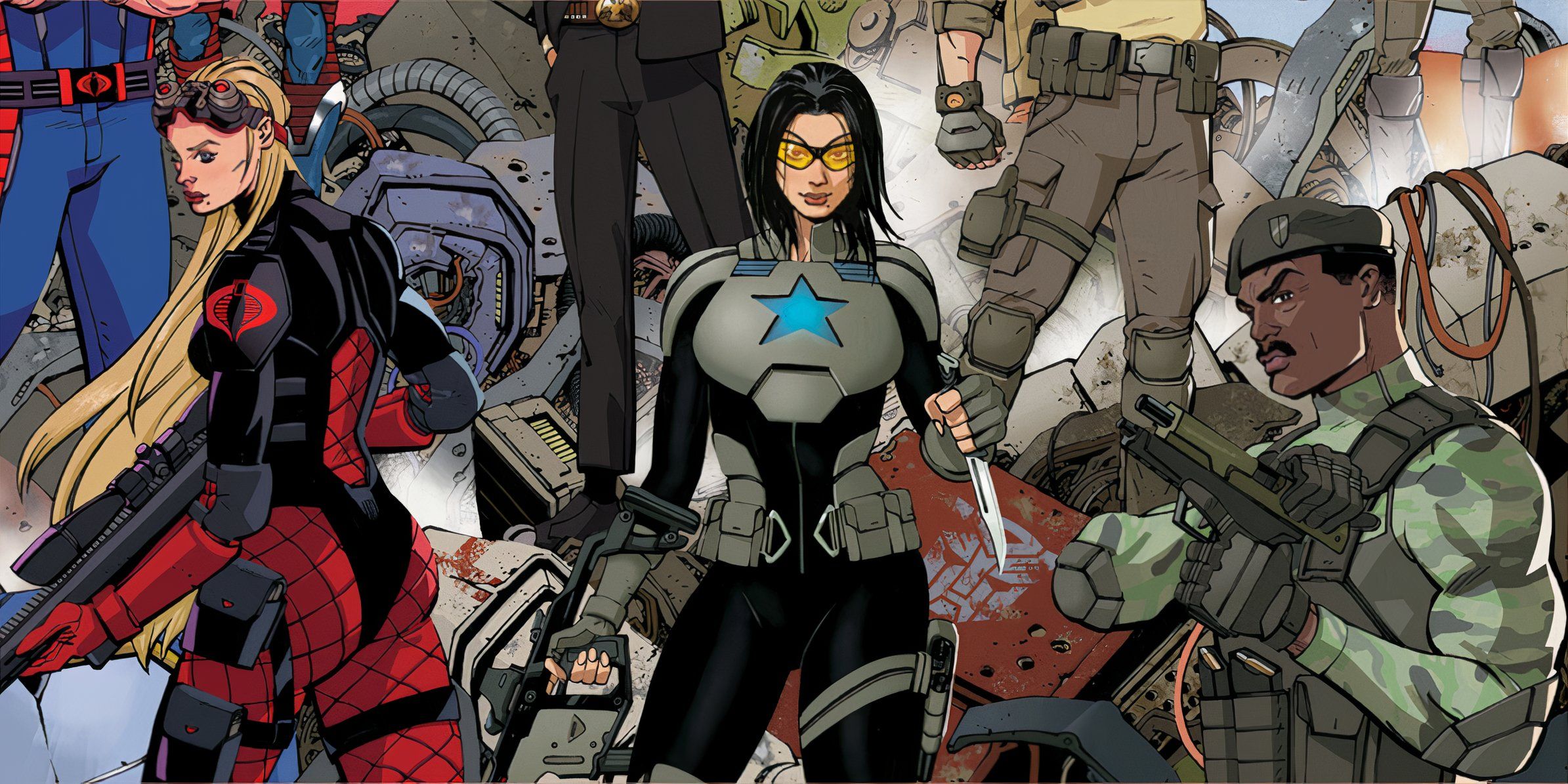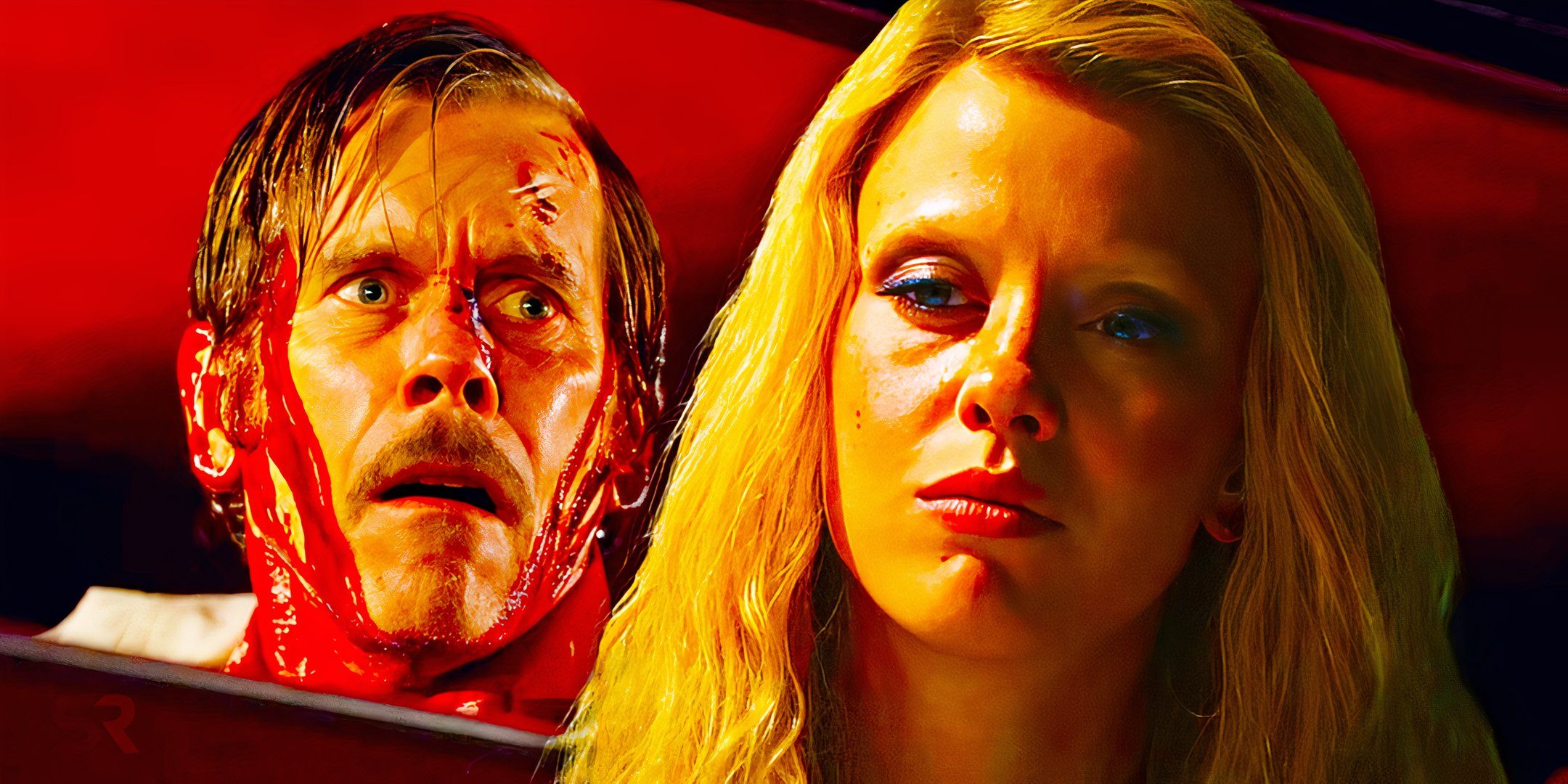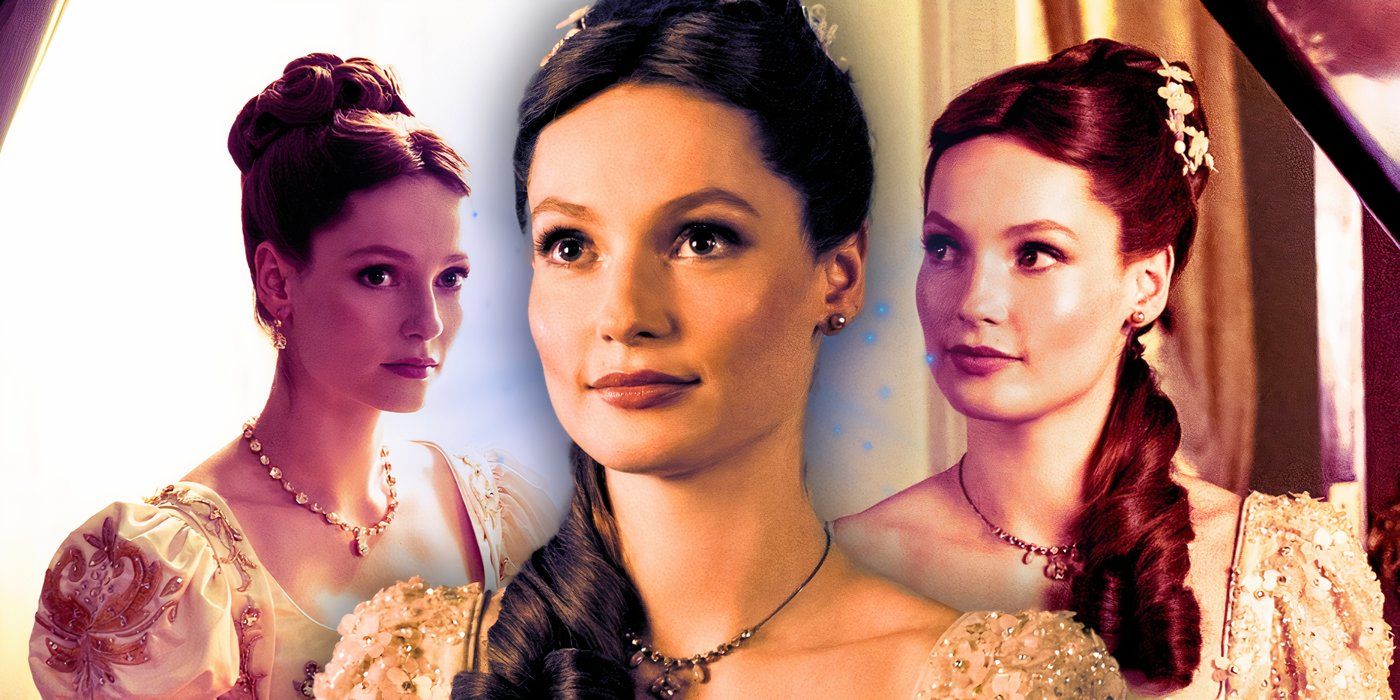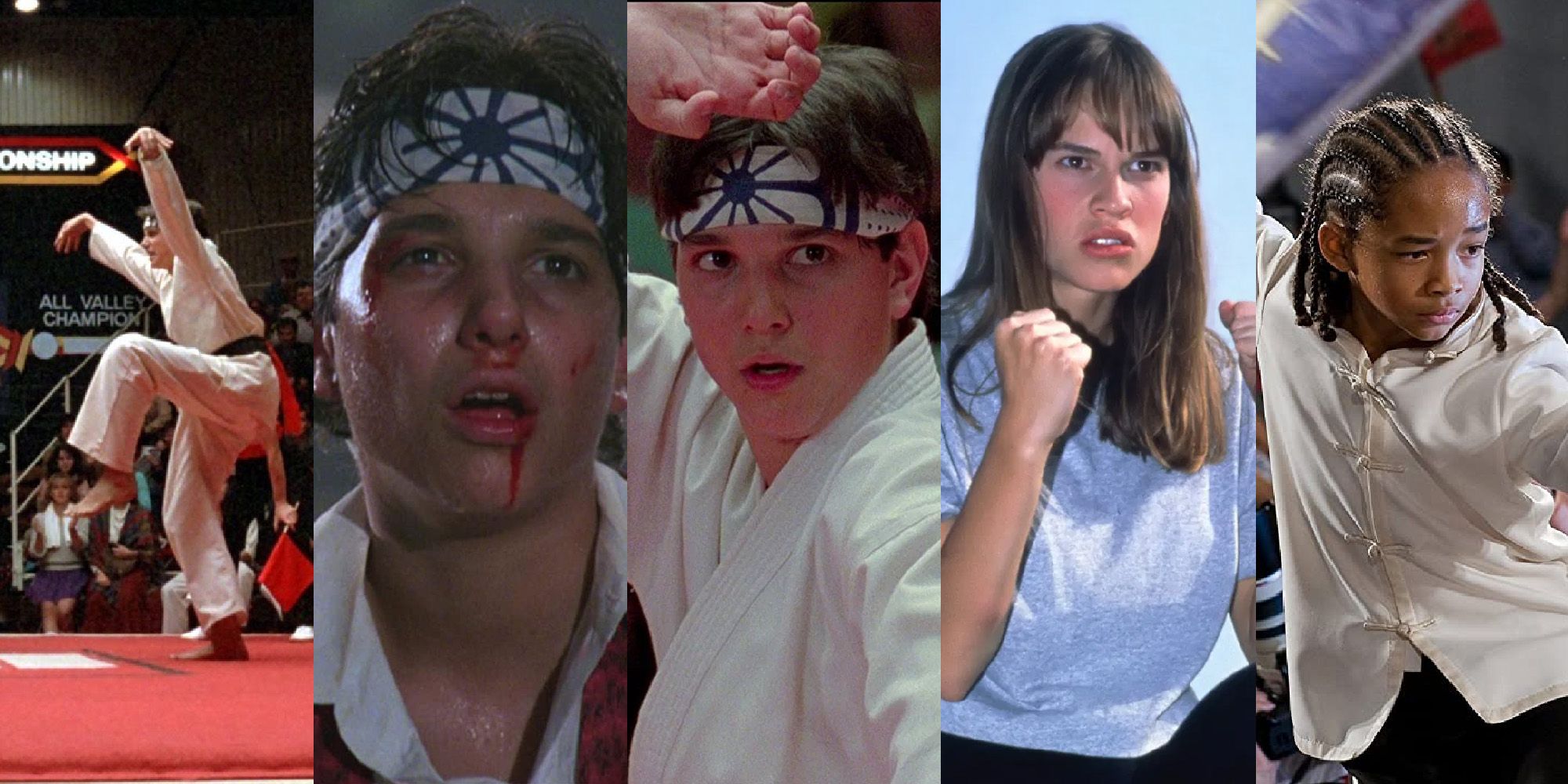Warning! This article contains mild spoilers for the Percy Jackson & The Olympians book series.
The Percy Jackson & The Olympians books are some of the most fondly-remembered young adult literature around, but the series certainly isn’t without its flaws. Created by author Rick Riordan, the urban fantasy story follows the titular hero Percy Jackson, a troubled young boy who enters a hidden world that reveals the Gods and monsters of Greek mythology are all actually real, with Percy himself being the son of the sea god, Posiedon. While the series has been immensely successful, inspiring two movies and a show on Disney+, re-reading it uncovers some hard truths to face.
The first book in the series, The Lightning Thief came out all the way back in 2005, with the last entry in the original series, The Last Olympian, following it up in 2009. While the world of Percy Jackson has since inspired many follow-up stories and spin-offs from Riordan, including The Heroes of Olympus and The Trials of Apollo, it’s the first five books that have truly endured as children’s classics. But for all their cultural staying power, the legacy of Percy Jackson’s adventures has some clear shortcomings that are made obvious 15 years later.
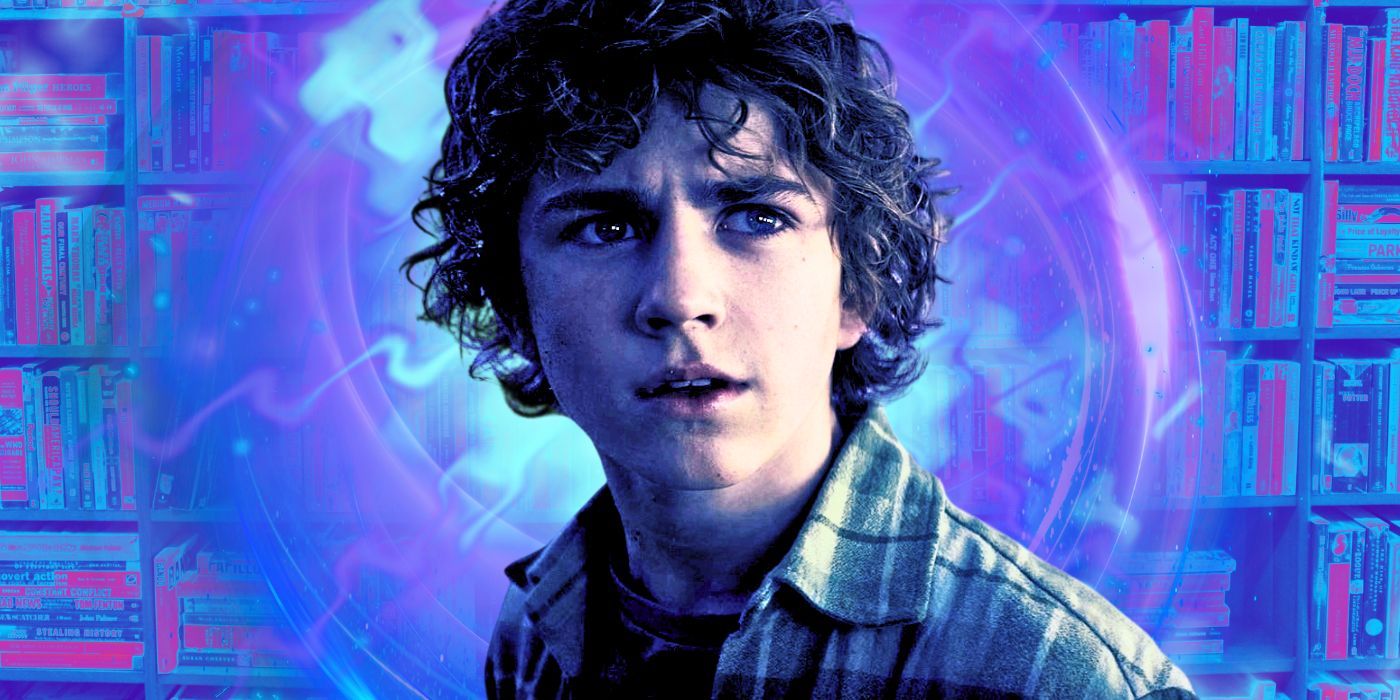
Related
10 Books To Read If You Love Percy Jackson
Rick Riordan’s Percy Jackson books take a unique approach to mythology and have a fun and distinct voice – so what should readers pick up after?
10
The Series Is Undeniably Aimed At Younger Readers
Percy Jackson Didn’t Age With His Audience
It’s no surprise that Rick Riordan’s powerhouse young adult series is aimed at younger readers. With a suggested age range of ages 8 to 12, it should come as no surprise that the prose, characters, and overall tone of the story falls squarely in line with expectations of a story suitable for middle-school-aged children. This can be a difficult barrier to surmount when coming back to the series as an adult reader 15 years later, even when expecting it.
By far the biggest series to compare Percy Jackson & The Olympians to are the Harry Potter books, which pioneered the premise of a young boy thrust into a hidden magical world. But unlike Harry Potter, whose story matured in tone, themes, and imagery alongside its audience, Percy Jackson lost little of his juvenile nature as the character aged from 11 to 14. Both the personality of Percy Jackson and his narration remain firmly planted in juvenile presentation throughout the series.
9
Percy Jackson Lacks The Depth Of Other YA Series
Riordan’s Writing Doesn’t Dig Very Deep
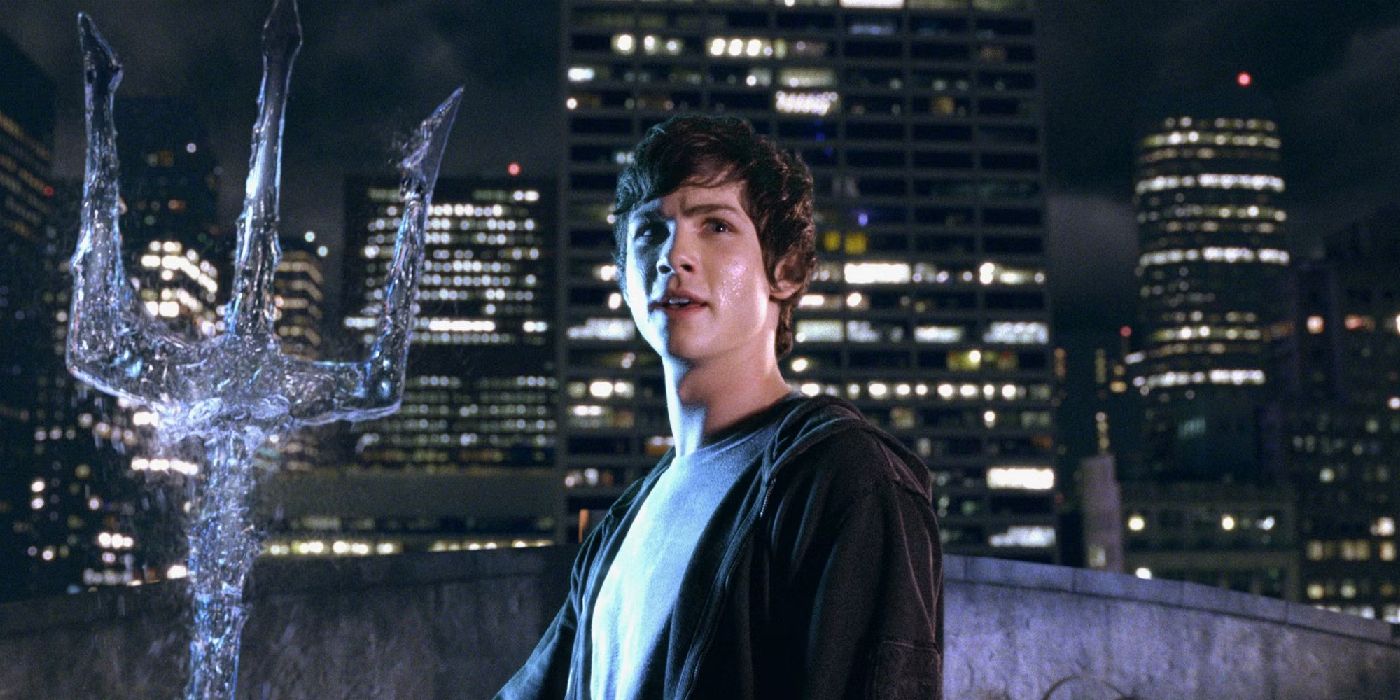
There’s nothing inherently wrong with books aimed at younger audiences, even many of their fans remain readers who have long since aged out of the narrative. Being aimed at children doesn’t mean that a given novel can’t explore profound themes, but Percy Jackson & The Olympians remains decidedly surface level for the majority of its run. Thriving off action scenes, sarcasm, and simple storytelling, Rick Riordan’s books don’t typically go beyond simple lighthearted escapism fare.
Other book series aimed at younger adults, such as The Hunger Games or His Dark Materials, aren’t afraid to explore heavier topics like politics, religion, and death. On the other hand, Percy Jackson & The Olympians is content to skirt around such philosophical quandaries by focusing on the spectacle, humor, and quirky characters. Again, there isn’t anything inherently wrong with this approach, but the lack of substantial literary weight in the series holds it back from being considered a true triumph of children’s storytelling.
8
The Percy Jackson Books Follow A Repeated Formula
It’s Easy To Find Patterns In The Percy Jackson Series
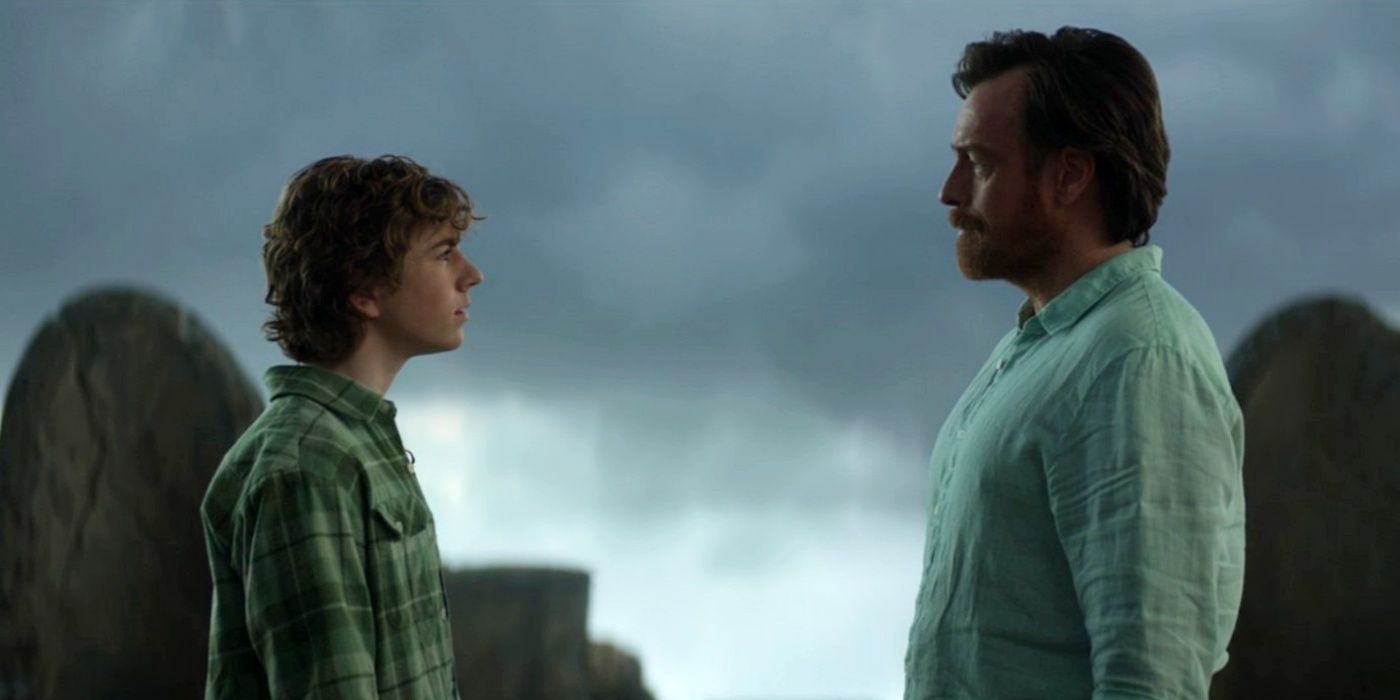
Even if they aren’t the headiest or most thematically-dense stories, the books of the Percy Jackson & The Olympians series are undeniably entertaining. That being said, a clear pattern begins to emerge when re-reading the first five books back-to-back, suggesting a clear formula Riordan seems content to lean on in his original run of novels. The similarities of each book’s structure may become more obvious as season 2 of Percy Jackson and The Olympians progresses the Disney+ adaptation through the overarching story.
The formula of most of the first five Perc Jackson books relies on the novelty of the intersection between American culture and Greek myth. A character from Greek mythology, usually a god, will appear, prompting Percy, Annabeth, and Grover to give chase. Their travels inevitably lead them to an iconic American monument of some kind, resulting in a final battle that ultimately destroys it. Once this pattern is identified, it can be hard to ignore when going back to the first five Percy Jackson books.
7
Percy Jackson & The Olympians Books Go By Fast
Percy Gallops Through Stories At A Breakneck Speed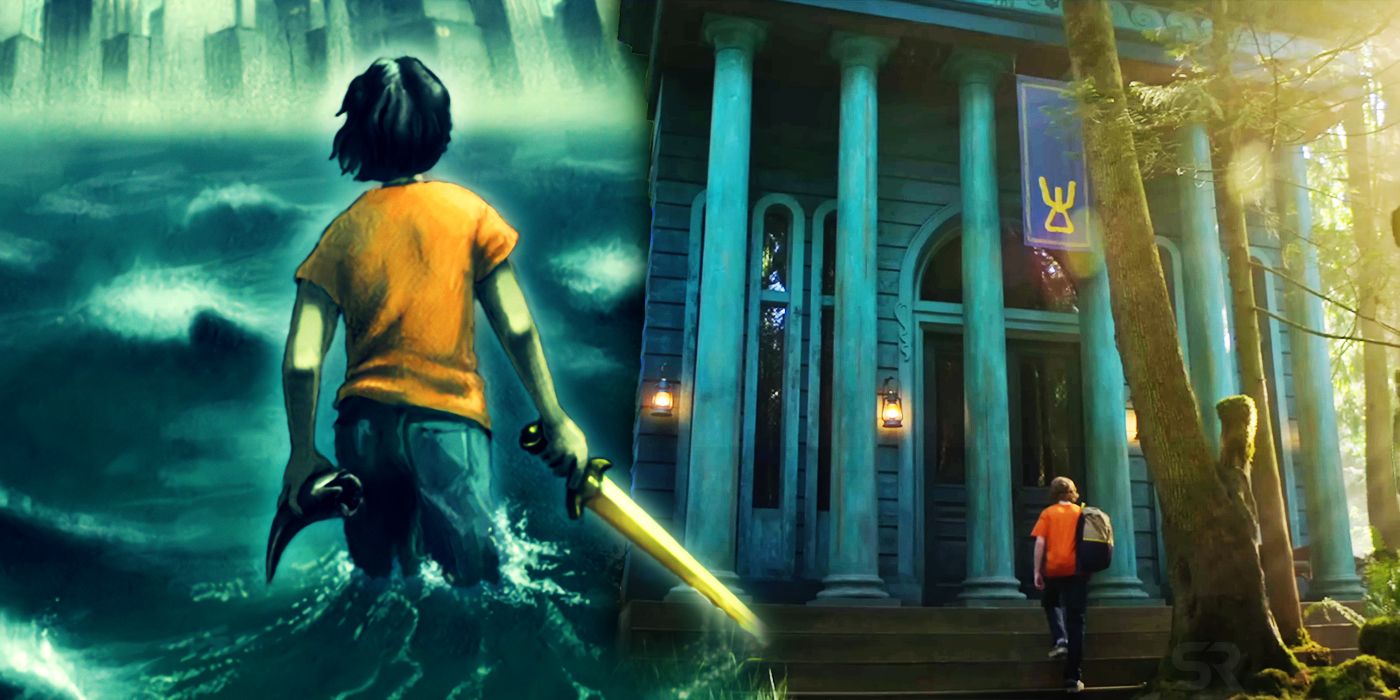
Perhaps one of the biggest strengths of the Percy Jackson & The Olympians books is the ease and speed with which they can be read. Usually printed in generous font sizes that fill out their page count, the books tend to be unrelenting once their stories get started, propelling their characters through the narrative. With a guaranteed action scene taking place nearly once every chapter, Percy Jackson’s journeys can usually be read at a brisk pace.
The fast narrative pace in the stories combined with the literal ease of reading makes it incredibly easy to pick up and put down a Percy Jackson and The Olympians book within the space of a day. This can be both a blessing and a curse, with a re-read of the original series dangerously close to disappointment with its brevity. On the other hand, the unrelenting action sequences and often convenient defeats of dangerous foes can make the books’ stories feel overwhelming at times.
6
The Heroes Of Percy Jackson Flirt With Being Mary Sues
Percy Is Unbelievably Strong Right Out Of The Box
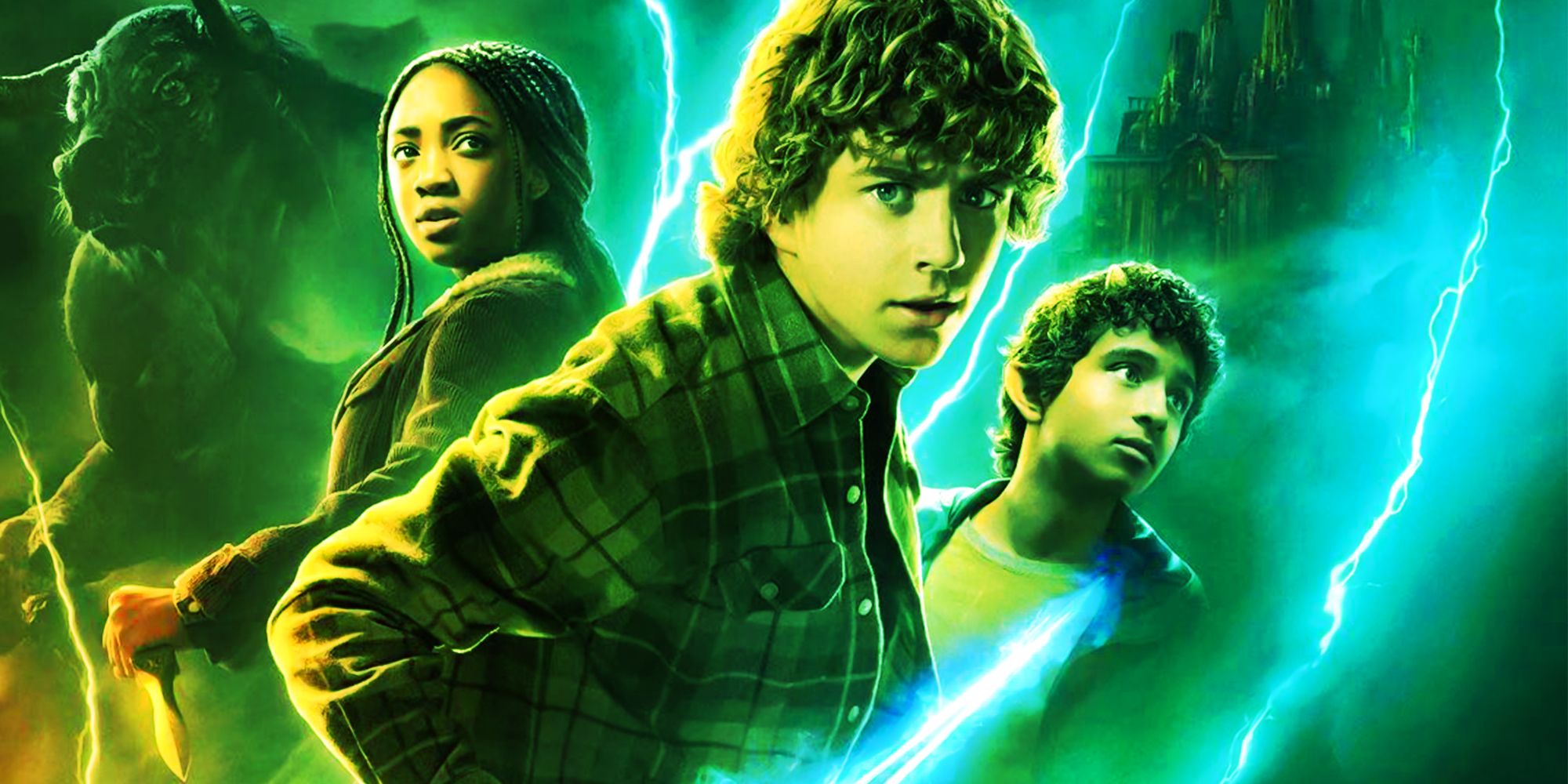
For all the danger presented in Percy Jackson & The Olympians, it’s rare that the demigods of Camp Half Blood ever feel like they’re in actual danger. Percy Jackson is an incredibly powerful book protagonist, eventually able to deflect bullets with his sword and survive literal volcanic eruptions with little issue. While Grover remains the archetypal cowardly sidekick, Annabeth is also similarly powerful, as well as other characters introduced later, like Thalia, who even comes back from the dead.
Because of this, Percy Jackson and his friends come dangerously close to being labeled as Mary Sues, a term for generic characters who are automatically good at everything. Granted, Percy’s lack of critical thinking skills outside of combat and rash decisions keep him from being a generic “perfect” hero, but it’s hard to ignore his inherent power. That same goes for Annabeth, whose genius levels of intellect rival Hermoine in the Harry Potter books.
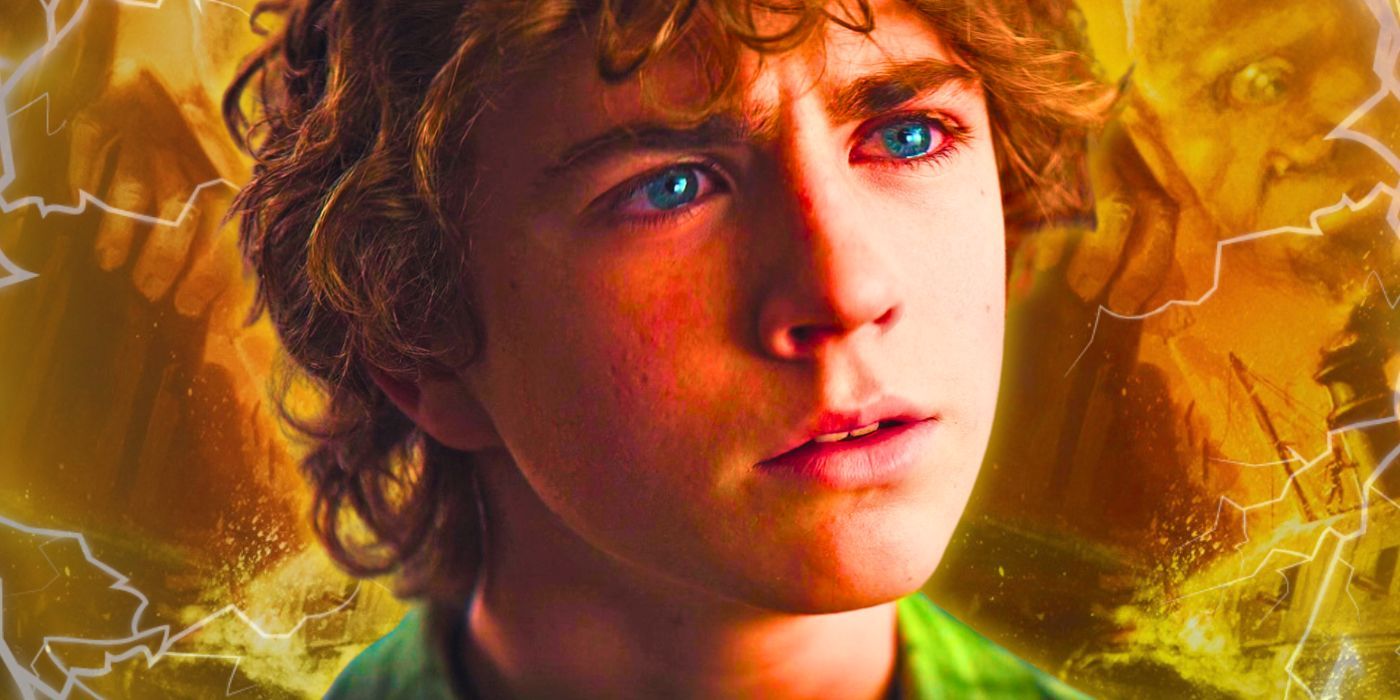
Related
8 Book Storylines Percy Jackson Season 2 Can Expand Upon
Though Sea of Monsters is a great book in the Percy Jackson series, the show has an opportunity to delve more deeply into its underdeveloped stories.
5
Rick Riordan Isn’t The Best At Maintaining Continuity
Rirodan’s Characters Don’t Have Static Appearances
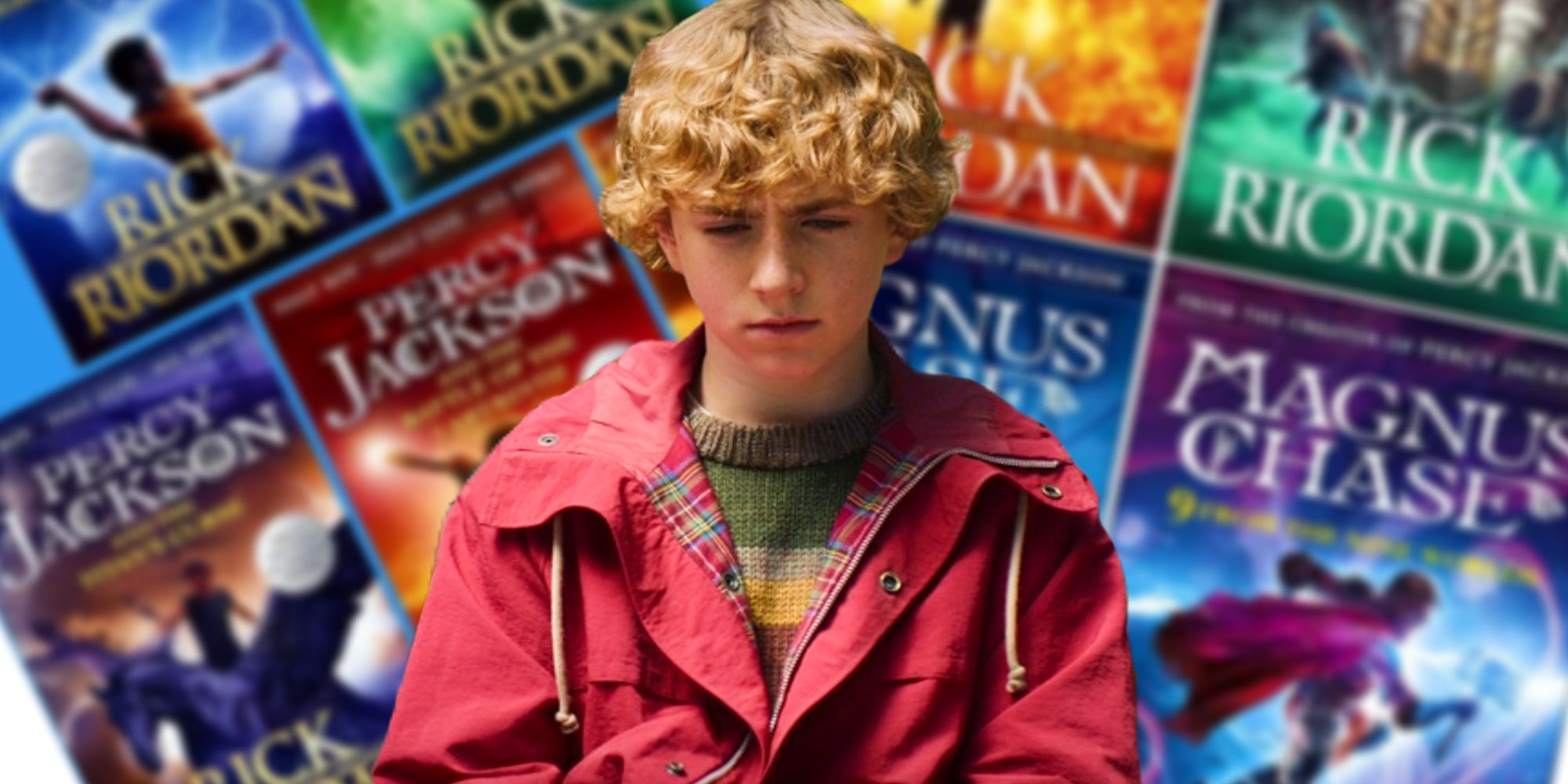
One thing author Rick Riordan is notorious for struggling with in the Percy Jackson & The Olympians series is continuity. While the events of the overarching story itself aren’t especially complicated or rife with plot holes, Riordan’s descriptions frequently contradict themselves. This is particularly evident in his description of characters, which tends to be inconsistent.
Some famous examples of Riordan contradicting himself includes Thalia’s eyes changing from green to blue, Annabeth’s hair going from curly to straight, and even the sex of Percy’s pegasus, Blackjack, being inconsistent. In all fairness, none of the Percy Jackson & The Olympians books ever go especially in-detail about character appearances. Riordan himself uses his changing character descriptions as justification for the supposed race-swapping of Percy Jackson and The Olympian‘s TV cast.
4
Some Of The Dialogue Is Very Aged
Percy Jackson Is Quickly Becoming An Early-2000s Time Capsule
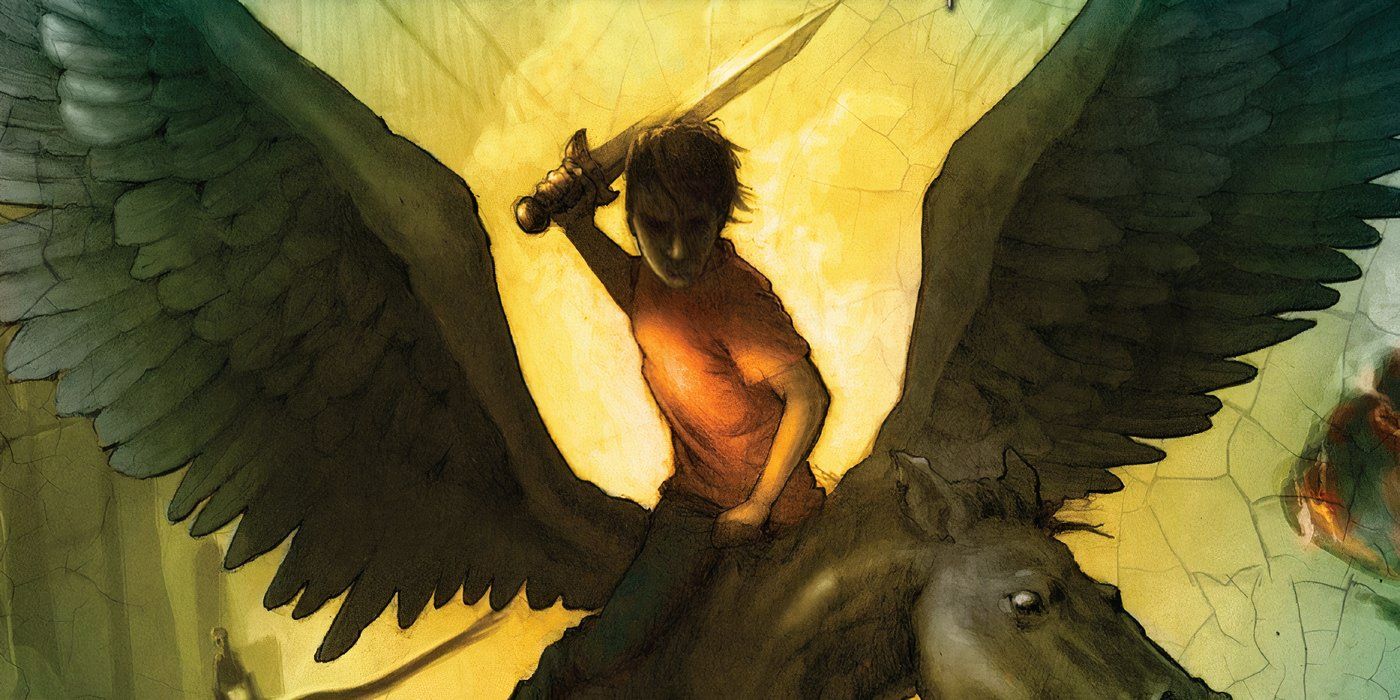
Part of the reason the Percy Jackson & The Olympians books feel more childish compared to their young adult contemporaries is Percy’s own flippant narration of events. The slangy first-person-perspective of the first five books is a testament to Percy’s personality, making no effort to filter his thoughts through the classic conceits of literature. While this gives the books tons of character, it doesn’t help in preserving their agelessness, with dialogue steeped in the culture of the mid 2000s.
At one point, Percy realizes a fellow kid playing in the arcades of the Lotus Hotel and Casino is from another decade when he doesn’t understand Percy’s usage of the term “sick” to refer to something cool, a phrase that’s already hilariously aged in the pop culture lexicon. It’s hard not to imagine that Percy’s own dialogue wouldn’t flag him as a time-displaced victim in a modern-day version of the Lotus Hotel and Casino. The descriptions of Percy’s mind are full of outdated or distinctly millennial slang like this, making the series show its age more than necessary.
3
The Percy Jackson Series Is Full Of MacGuffins
From Lightning Bolts To Golden Fleeces
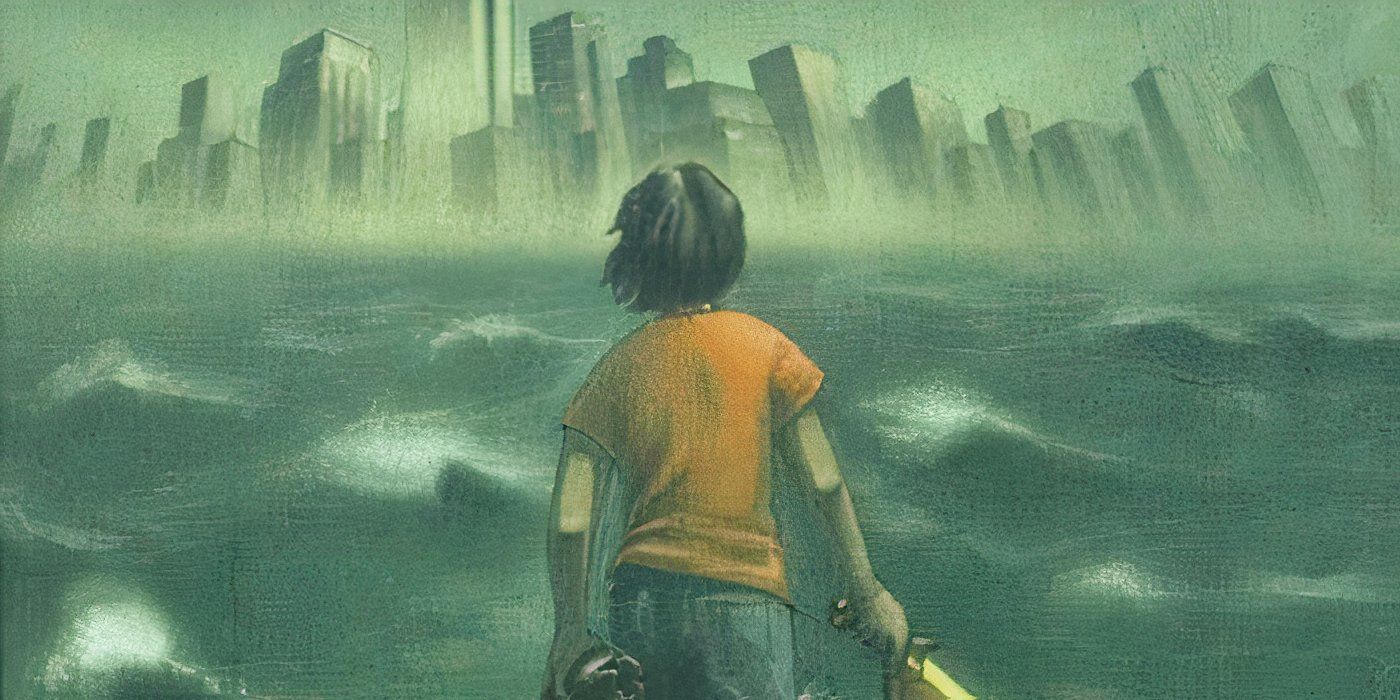
Part of the benefit of a world based off of Greek mythology is its ability to pull from a list of the world’s oldest MacGuffins. A MacGuffin refers to an inherently powerful or valuable object that the events of the story can easily rotate around. Famous examples of movie MacGuffins include the briefcase from Pulp Fiction, The One Ring from Lord of the Rings, Thanos’ Infinity Stones.
Percy Jackson and his crew are no stranger to MacGuffins, with stories that frequently revolve around the procurement of some invaluable legendary artifact from Greek mythology. Whether it’s Zeus’ lightning bolt in The Lightning Thief or the Golden Fleece in The Sea of Monsters, Riordan is constantly sending out Percy Jackson and company on fetch quests to procure MacGuffins. Even entire characters later get treated as MacGuffins, making the series sometimes frustrating in its objectification.
2
Percy Jackson’s Escapism Borders On Wish Fulfillment
Riordan Toes A Fine Line Between Healthy Fantasy And Troubling Delusion
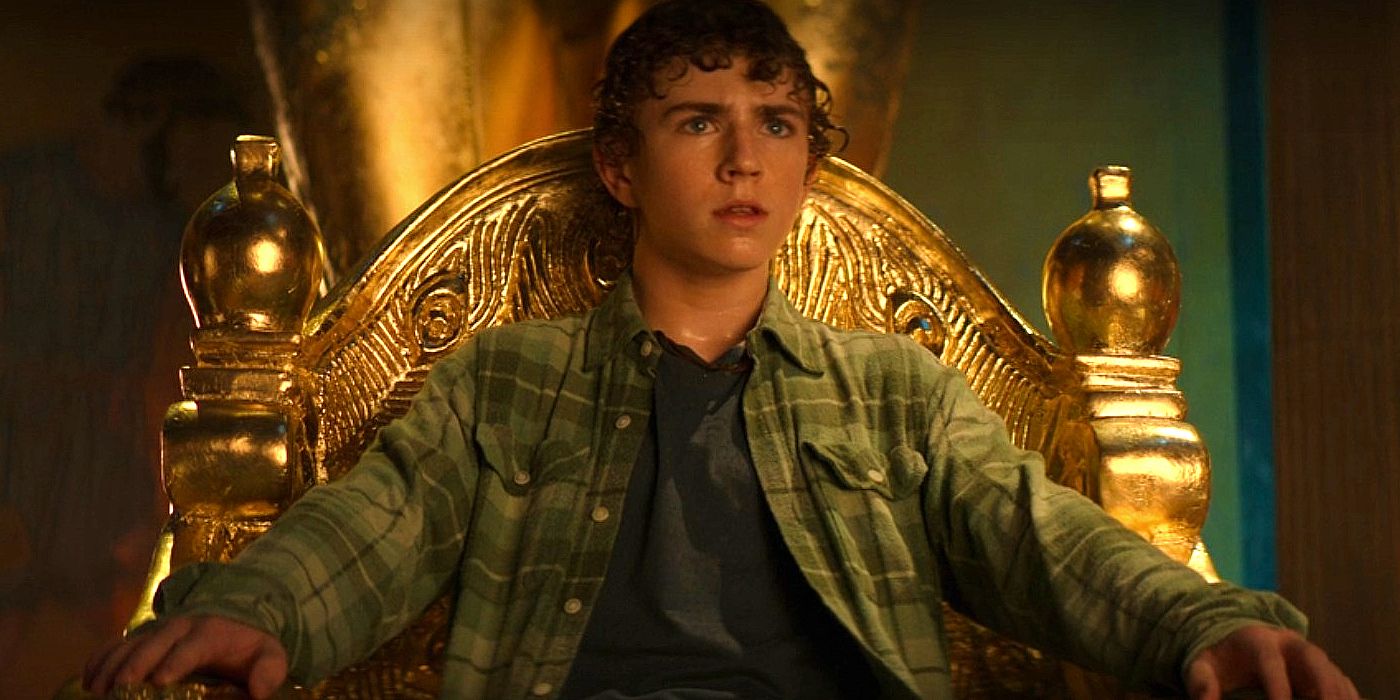
Percy Jackson & The Olympians is often lauded for its representation, taking characters that are neurodivergent, homeless, have troubled home lives, or are part of the LGBTQ+ community and putting them in the spotlight in ways other young adult series haven’t. This makes for a potent combination when combined with the series’ fantastical mythological world, but the intersection of these two ideas sometimes creates some uncomfortable questions. Percy himself is at the center of the most troubling of these bits of wish fulfillment.
Percy Jackson has ADHD and dyslexia, but it’s actually because he’s hard-coded to be a Grecian warrior rather than an American student. His absent father is actually a God, forbidden from seeing his mortal mother by divine intervention. These magical explanations that turn real-world difficulties into secret superpowers border on some uncomfortable space of wish fulfillment, somewhat undercutting the series’ representation by turning hardship into fantasy.
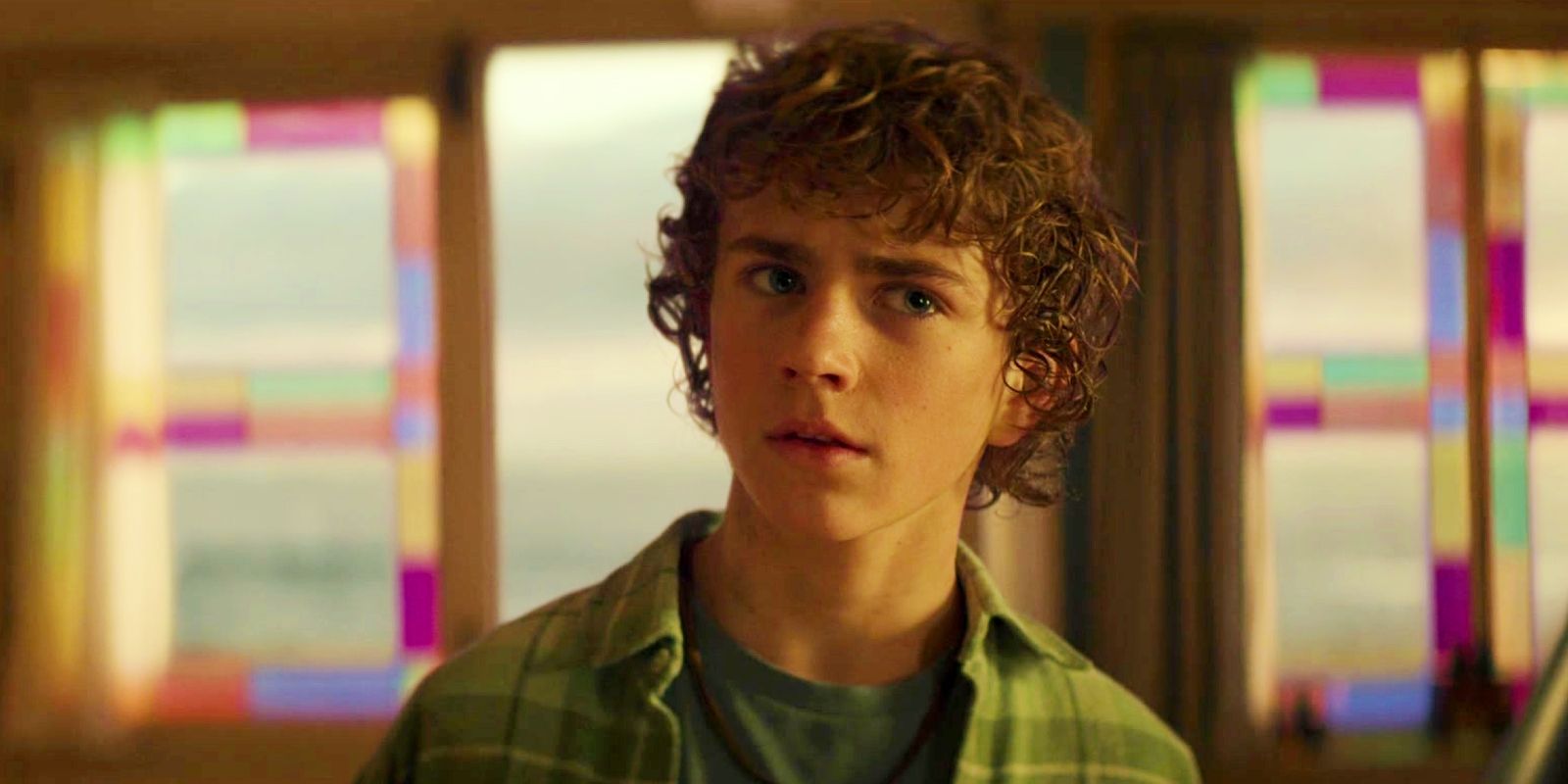
Related
Percy Jackson’s Story Would Be Unrecognizable If Rick Riordan Had Followed The Real Greek Myth
Percy Jackson’s story would have been wildly different had Rick Riordan stuck to the troubled demigod’s original divine parentage in Greek mythology.
1
The Gods’ Messy Familial Relationships Raises Some Questions
Greek Myths Aren’t Always Suitable For A PG Story
The real-world stories of the Greek gods of Percy Jackson & The Olympians sometimes clash in tone with the premise of a children’s book series. Nowhere is this more evident than the core conceit of gods having dozens of illegitimate offspring with mortal men and women, the cognitive dissonance of a very adult premise running up against the kid-friendly tone of the books. If that weren’t enough, the familial (and often incestuous) relationships between Greek gods in real mythology raises some ethical questions.
In Percy Jackson & The Olympians, Camp Half Blood is split up into houses, with each house populated by a cadre of half-siblings belonging to one god. Children from different houses frequently get into relationships with one another, despite technically being cousins via their godly lineage. The books handwave this away with the explanation that gods don’t technically have DNA, which would work fine if it weren’t for the fact that Percy Jackson & The Olympians campers in the same house still clearly regard each other as family.
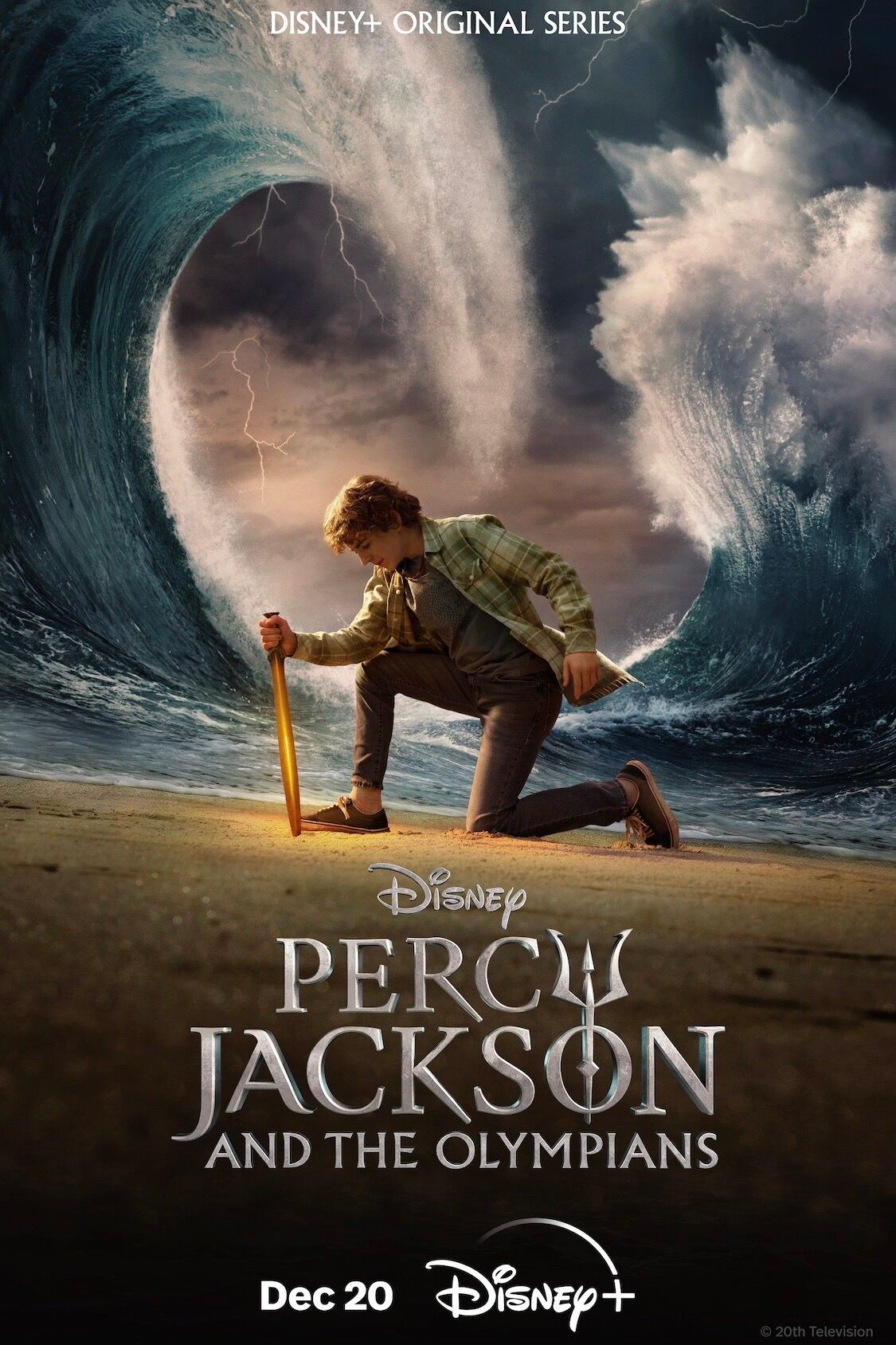
Percy Jackson & the Olympians
Based on the novel series by Rick Riordan Percy Jackson & the Olympians is an action-adventure fantasy television series created for Disney+. When Percy Jackson is framed for the theft of Zeus’ almighty thunderbolt, Percy must clear his name, all while harnessing the powers inherited by his father, Poseidon, at a camp created for demi-gods.
- Release Date
-
December 20, 2023
- Seasons
-
1
- Directors
-
James Bobin
, Anders Engström
